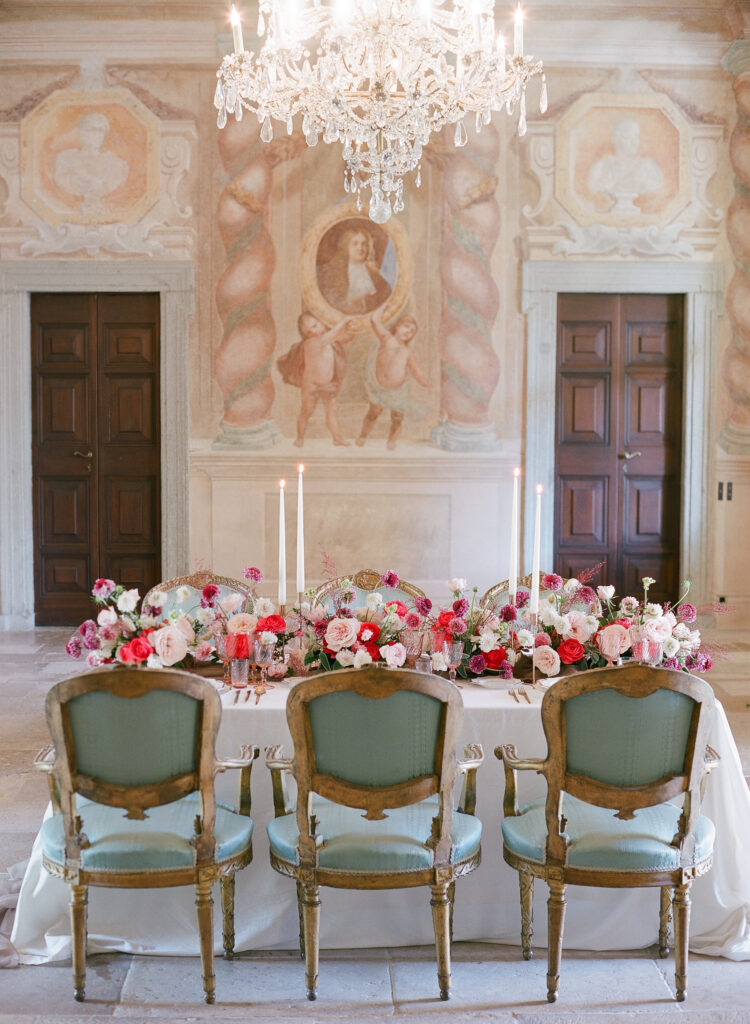Planning a destination wedding involves a crucial decision: setting up a room block for your wedding guests. As this process involves legal contracts and financial commitments, it’s natural to have questions and concerns. Below, we will explore the various room block options and explain the terms associated with wedding accommodations.
What Is a Contracted Room Block? A contracted room block is a reserved group of guest rooms secured by a formal contract with a hotel. Typically, this block requires a minimum of 10 rooms to qualify, and it ensures a guaranteed room rate for a specified duration.



Contracted vs. Courtesy Room Blocks: Making the Right Choice
Learn the nuances between courtesy and contracted room blocks. Discover why a contracted room block can be a game-changer, ensuring availability and a consistent room rate for all your wedding guests.
Courtesy Room Blocks versus Contracted Room Blocks:
- Courtesy Room Block: Reserved as a courtesy, no financial commitment is necessary. While a contract may be involved, no charges apply if rooms go unbooked.
- Contracted Room Block: Requires a formal contract, demanding a guaranteed number of booked rooms or financial responsibility. An attrition clause may apply for unfulfilled bookings.
Why Opt for a Contracted Block Over Courtesy? Several factors influence this decision:
- Ensures availability in high-demand hotels or during peak periods.
- Guarantees a consistent room rate for all guests, offering financial predictability.
- Ideal for securing a larger number of rooms, preventing last-minute unavailability.



Understanding Attrition and Drop Dates: Attrition refers to the financial penalty for not meeting the agreed-upon room block bookings. Many destination wedding travel agents set a “drop date” around six months before the wedding, allowing adjustments to the room block without penalties.
Determining the Number of Rooms to Block: We recommend reserving rooms for approximately 50% of the anticipated guest count. For example, with an expectation of 100 guests, consider blocking 50 rooms.
Timing Matters: Secure your destination wedding room block as soon as the wedding date and venue are confirmed. Early contracting often results in better room rates and favorable payment terms for guests. At the latest, we recommend booking 10-12 months in advance.



Why Bother with a Room Block? There are several reasons that support setting up a room block:
- Hotels can sell out, jeopardizing guests’ ability to attend your wedding. If they will need to also organize and pay for transportation to the hotel from wherever else they wind up staying, it makes travel planning more expensive and difficult for guests.
- Streamlines the reservation process, reducing anxiety and increasing attendance.
- Prevents price disparities among guests, thereby fostering a positive experience for everyone.
- When working with a travel advisor, we have strong relationships with hoteliers and can often negotiate VIP perks for yourself and your guests, such as free breakfast daily.
Additional Considerations:
- Booking a room block may not always result in lower room prices, but they typically do. Occasionally, online travel booking sites may offer temporary lower rates, but room block terms generally remain more favorable.

Risks and Responsibilities: The primary risk lies in financial responsibility, with meticulous attention needed to contract dates. Utilizing a travel advisor such as Unfolded Travels can streamline the process, ensuring careful monitoring and assistance.
Setting up a room block for your destination wedding is a strategic decision that offers various benefits, from financial predictability to group incentives. Understanding the nuances and engaging with a destination wedding travel advisor can enhance the overall wedding experience for both you and your guests.
If you’re looking for more information on Unfolded Travels’ destination wedding travel advisor services, read through all of the details of working together on our website here.







